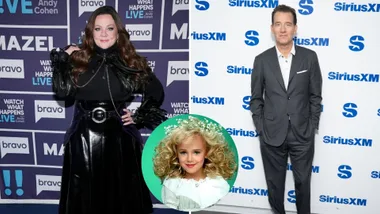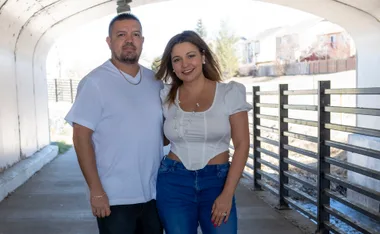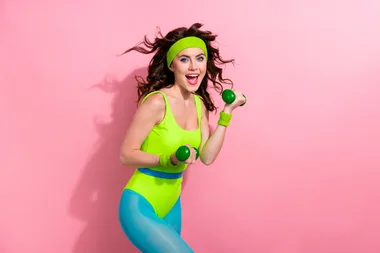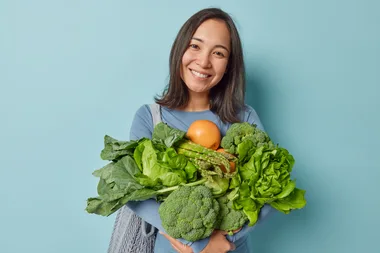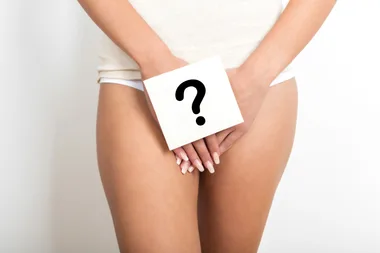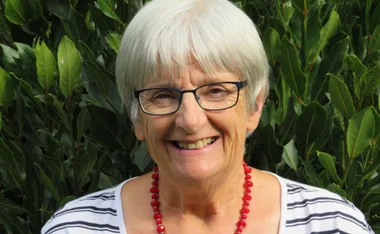Meet Phoebe — she’s two-and-a-half years old and likes to dance, play with her 14-month-old brother Jacob, and sing along with Max and Milly on TV. She loves Weetbix, playing with mega blocks, and paddling in the baby pool — perfectly normal, except for the fact that she has a rare condition called Alstrom syndrome, which is so rare that she’s one of four people in Australia to have it.
As a result, she’s already had heart failure and is at very high risk of getting diabetes because of her weight, which is another effect of the illness.
She is legally blind, has flat feet and gaps between her teeth, is on constant medication, has developmental skill problems, and her organs will eventually deteriorate and she’ll need transplants.
She can’t go outside and play like other children because she’s sensitive to light and the doctors have predicted she’ll completely lose her sight and hearing within the next five years — her world will be blackness and absolute silence; she’ll be trapped in her own body.
“How am I going to communicate with her?” says her 21-year-old single mum Kelly.
“She will never hear or see me, she will never hear ‘I love you’ from me again.”
To try to treat the illness, she’s had test after test, three life-times’ worth of needles and repeated hospitalisations — sometimes up to two months at a time — but the doctors in Australia can only go so far, as they don’t know enough about the illness yet.
But there’s a ray of light at the end of this tunnel. They’ve been invited to the Alstrom Clinic in Texas where they’ll find out more about the illness and how to minimise the effects. There, the Alstrom syndrome specialists can meet Phoebe and help find a cure or just even further treatment. But there’s just one problem — they can’t get there.
“There’s no way we can afford to go,” says Kelly.
“I’m a single mum, trying to keep clothes on my children and food on the table. I’ve moved back home with my mum to try save some money so I can hopefully, one day, buy a home for them. I would like to get my own place before she completely loses her sight and hearing, so she at least knows her way around the house.
“Even if going to the clinic doesn’t help Phoebe with her life on earth, the research would help other children born with the syndrome,” she says.
Kelly and her family are frantically trying to raise enough money to go to America and to also buy things for Phoebe’s future, such as hearing devices, shade cloths for around the house, interstate hospital trips, and for any unpredictable complication.
“I’ve been running around like a crazy woman trying to raise funds. I’ve got a headache, I’m tired and stressed. Sometimes I break down because everything is so overwhelming.”
“It’s so sad that Phoebe can’t have a normal life and I’m scared that her heart will stop again or that her organs will start deteriorating.
“But she’s a happy girl who gets treated with all the love in the world by us and we aren’t letting anything bring her down.
“The doctors only gave her 20 percent of making it when her heart stopped, and she made it, so she’s a fighter, and we will fight this,” says Kelly.
If you’d like to donate money to help Phoebe, please contact Kelly on 0404 755 722, (03) 6229 3599 or via [email protected]

